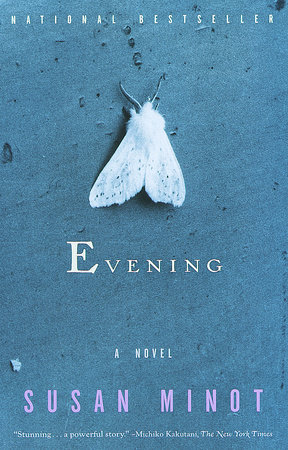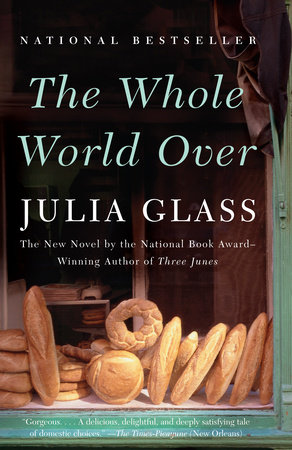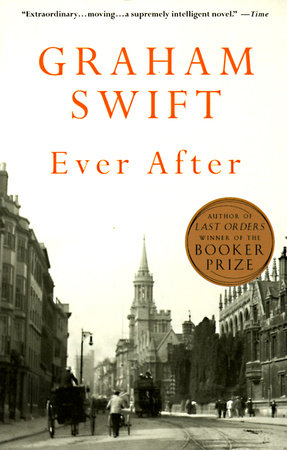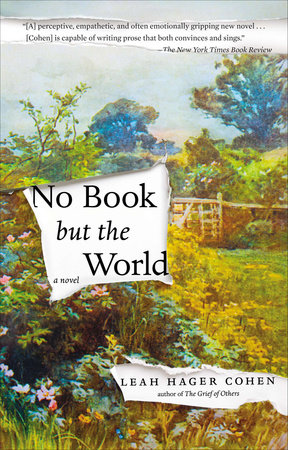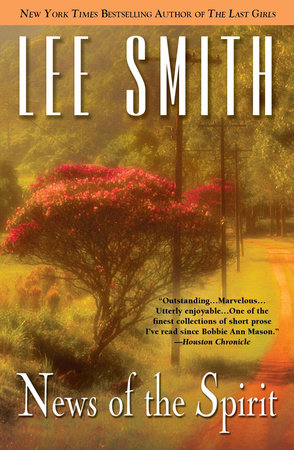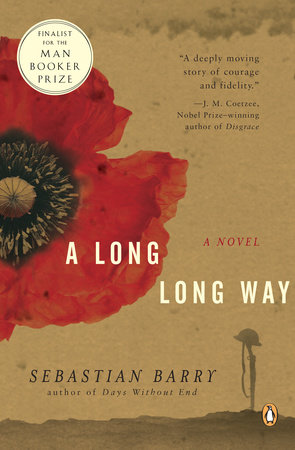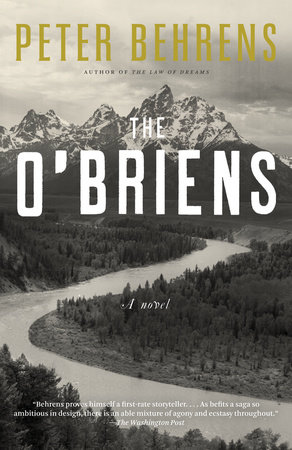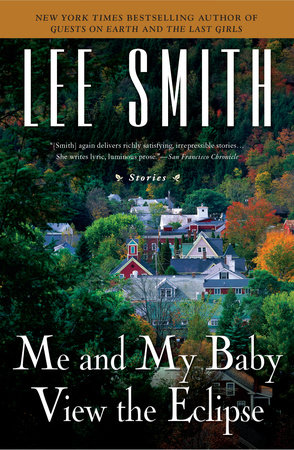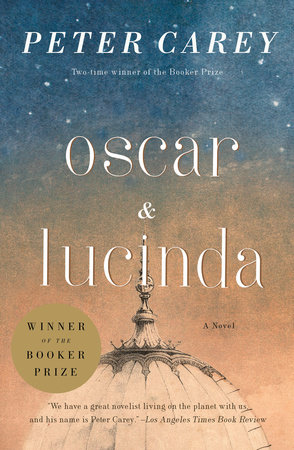Q: The complex concept of family–structure, strength, dysfunction, history–is an important element in your work. Can you describe the family dynamic in Evening?
A: Families are endlessly fascinating. We all have one, and they have a great impact on who we are and what we do–Freudian as that is. Crisis and death light up a family from a new direction. To observe a family under duress is one way of exploring its dynamics, and that was one thing I was interested in exploring in Evening: looking at human behavior on one of its basic levels. The word dysfunction has, I think, served its purpose and now has lost its meaning. Every family, like every person, is imperfect, after all. The idea that there is a Family somewhere who functions is an odd concept. In my youth I was running from my family to try to find out who I was–their influence distracted me. Now I see what a powerful hold they have, no matter what.
Q: In Evening, Ann Lord is reliving a weekend affair and the greatest love of her life–complete with color, sound, smell, dialogue–while her grown children stand around her deathbed thinking her mind is blank. What are you saying about lucidity, about age and illness, about love?
A: If you have ever watched someone on his or her deathbed it is hard to get the vision of suffering out of your mind. And worst of all is the great divide between the sick and the healthy, no matter how much love is being thrown across the gap. Hearing the delirium of someone drugged with painkillers and dying can be a glimpse into the person beyond the social mask. And for the sick person it can be an opportunity to look at his or her life from a different perspective. Between children and parents there is a difficulty of seeing each other simply as people. Ann Lord’s children do not really know their mother as a person, and her illness begins to change their ideas about her. Illness can make us behave in the most surprising ways.
Q: Reviewers have said that one of the staples of your fiction is women coping with desire. Tell us about desire (its forms, roles, repercussions) in Evening.
A: I think desire is one of the main forces driving a person’s life–and it seems to me a woman has, in general, a different mode of desire from a man. How a person expresses his desires, follows them, ignores them, reacts to their satisfaction or lack of fulfillment is a measure of a person’s character, and therefore an inviting avenue of fiction if you want to explore human behavior and try to get at what it is like to be alive–two of my interests. The power of desire is so tremendous it is hard to ignore as a subject.
Q: The extraordinary Faulkner quote that starts the novel raises powerful questions about time. Can you describe the role of time and memory in Evening?
A: The sense I get from his quotation is that the attempt to conquer the past is just another battle one has with time, and a losing one. Memory, along with desire and death, are the themes that won’t leave me. Memory, that activity of the mind and heart which both gives meaning to life and pulls us back from it, which has a dim basis in history but is far more tenuous than we can admit, determines the way we narrate our lives–our experience is stored there–but it is never stored in one mind like another. Memory is another example of the isolation of individuals–each has his or her own, it can never be shared exactly. And yet what treasures one finds there, treasures that seem to last for a while . . .
Q: On her deathbed, Ann experiences an electrifying flood of memories, punctuated by what seem like conversations in the present with her lost love, Harris Arden. How were you able to envision and create this feeling of slipping away, this remarkable and uplifting end of a life?
A: The deathbed is a classic situation where a person given time staring up at a ceiling might find it hard not to review the events of her life. I was interested in what it must feel like to have a fatal illness–something many of us will one day know, many of us not–and to imagine what the Important Things are from that perspective, maybe illuminating the Important Things in life. There is a paradox about having an uplifting end of a life: we die, and if we have found meaning in the world somewhere, then does having the meaning make it more tragic or less? Also we use the verb to die in a curious way, as if it is an active verb, when of course it is not. One is either dead or alive. Death is not something people like to contemplate much–the mind has a hard time getting around it–and yet it has a certain bottom-line quality about it.
Q: Discuss the power of mystery and secrets in Evening.
A: Mystery and secrets: the tip of the iceberg as far as the unfathomability of another person goes. We have secrets from others–so they can only know so much about us–and then even more complex unsolved mysteries about ourselves. I was interested in exploring how much people affect each other and yet how far they also can be from one another. The story of our lives–I’m quoting someone, I can’t remember who–is the story of our relations with others.
Q: The rush of falling in love, of love at first sight, is so vividly portrayed in Evening–do you believe in love at first sight?
A: It’s not a question of whether I believe in love at first sight or not. It exists, no question. It has happened to me. Why it happens is a whole other kettle of fish–I have no explanation for it, but it can pack a wallop. Whether it lasts is another question, but then one can ask whether many kinds of love "last."
Q: How does Evening fit in the arc of your work?
A: Evening is the first of my books which explores material I felt I went out in search of–because it compelled me–rather than a sorting through of material or concerns which life had presented to me and which I’d tried to make something of because they were there close to my face. I wanted to write a book that was dreamlike, with the rhythms of dreams mixed with waking life, for that is often how life seems to be. As I was writing I thought of the book as a kind of poem, which of course it is not, but I used that as a sort of internal guide.
Q: You wrote the screenplay for Stealing Beauty–what was the experience like, and did you enjoy it?
A: I love the movies, and I was thrilled to write a script for Bernardo Bertolucci, who was one of my cinematic heroes. Writing a script is hardly Writing. It is, rather, creating a blueprint for another form: the audio and visual one of film, and not something a fiction writer should necessarily be able to do. But having been steeped in the movies–they are as important to me in their way as books are in theirs–I had some sort of feeling for their structure and so was able to work with Bertolucci, executing ideas of his. It was the master class in non-Hollywood scriptwriting.
Q: What’s next for Susan Minot?
A: I am currently working on a screen adaptation of Evening for Kennedy/Marshall at Disney. I have a collection of short stories about three-quarters done–stories I’ve been writing in between the novels and scripts. I have started on a book about a young man in search of his soul, tentatively called My Life with No One.
